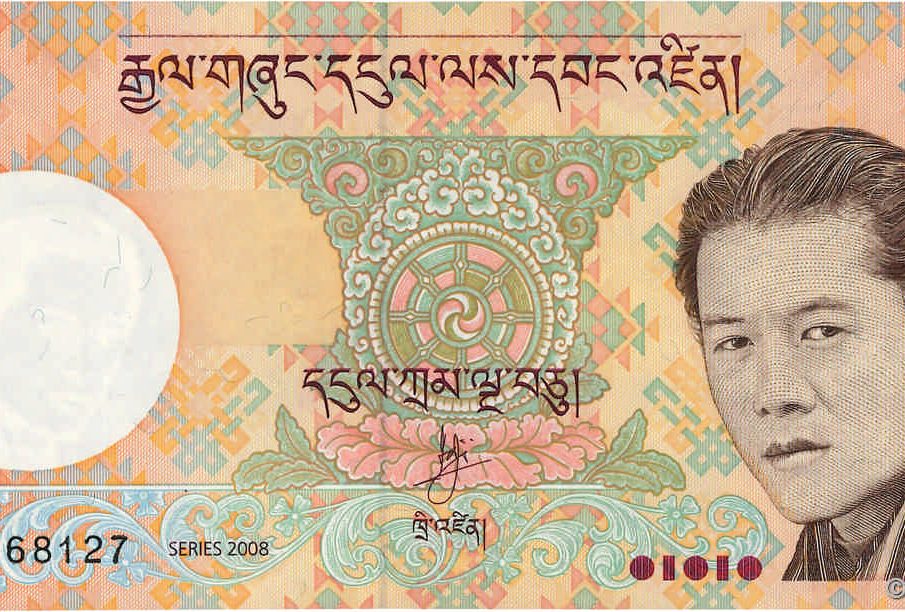Discovering Bhutan: A Gem in the Himalayas

Introduction to Bhutan
Bhutan, a small landlocked kingdom nestled in the Eastern Himalayas, has gained international recognition not only for its breathtaking natural beauty but also for its unique philosophy of Gross National Happiness (GNH). This philosophy prioritises the well-being of its citizens and sustainable development over mere economic growth. With its rich cultural heritage and stunning landscapes, Bhutan has become a focal point for travellers seeking new experiences and deeper connections with nature and culture.
The Importance of Gross National Happiness
Since its introduction in the 1970s, GNH has been the cornerstone of Bhutan’s development strategy. This holistic approach integrates economic progress with the physical, spiritual, and cultural welfare of the nation’s people. Under the leadership of its fourth king, Jigme Singye Wangchuck, Bhutan made a revolutionary shift from traditional GDP metrics to a more inclusive measure of prosperity. Today, GNH is recognised worldwide, influencing policies and movements in other countries aiming for sustainable growth.
Cultural Richness and Natural Beauty
Bhutan is home to numerous cultural sites, such as the iconic Punakha Dzong and the majestic Tiger’s Nest Monastery, perched high on a cliffside. The vibrant festivals, known as tshechus, draw both locals and tourists alike to witness colourful processions, traditional music, and sacred dances that celebrate the Bhutanese way of life. Furthermore, the diverse geography of Bhutan ranges from subtropical plains to towering mountain peaks, providing a haven for trekkers, wildlife enthusiasts, and nature lovers.
Tourism in Bhutan
The tourism sector in Bhutan has experienced steady growth, with government initiatives promoting responsible travel. The country follows a policy of ‘High-Value, Low-Impact’ tourism, which ensures that visitors experience its rich culture while preserving the environment. Recently, Bhutan has started implementing digital nomad visas to attract long-term visitors, allowing them to explore its inspiring landscape while working remotely. This initiative aligns with global trends and aids in boosting the economy while maintaining sustainable practices.
Conclusion: The Future of Bhutan
As Bhutan continues to balance modernisation with tradition, it serves as a beacon of hope for countries searching for sustainable development strategies. With its commitment to GNH, remarkable culture, and pristine environment, Bhutan invites the world to rethink what it means to be prosperous. For readers considering travel or engagement with Bhutan, this hidden gem of the Himalayas offers a unique perspective on happiness that extends well beyond its borders. The ongoing efforts to blend tourism with cultural preservation will likely ensure that Bhutan remains a significant destination for generations to come.








